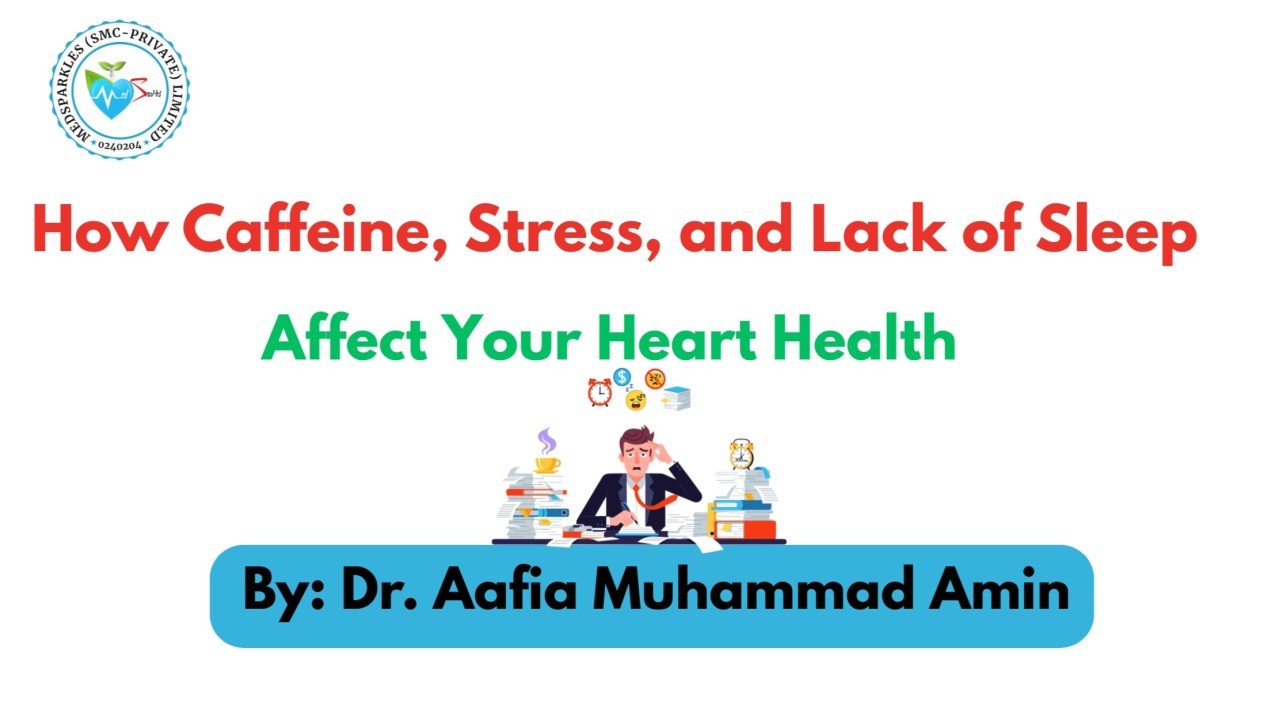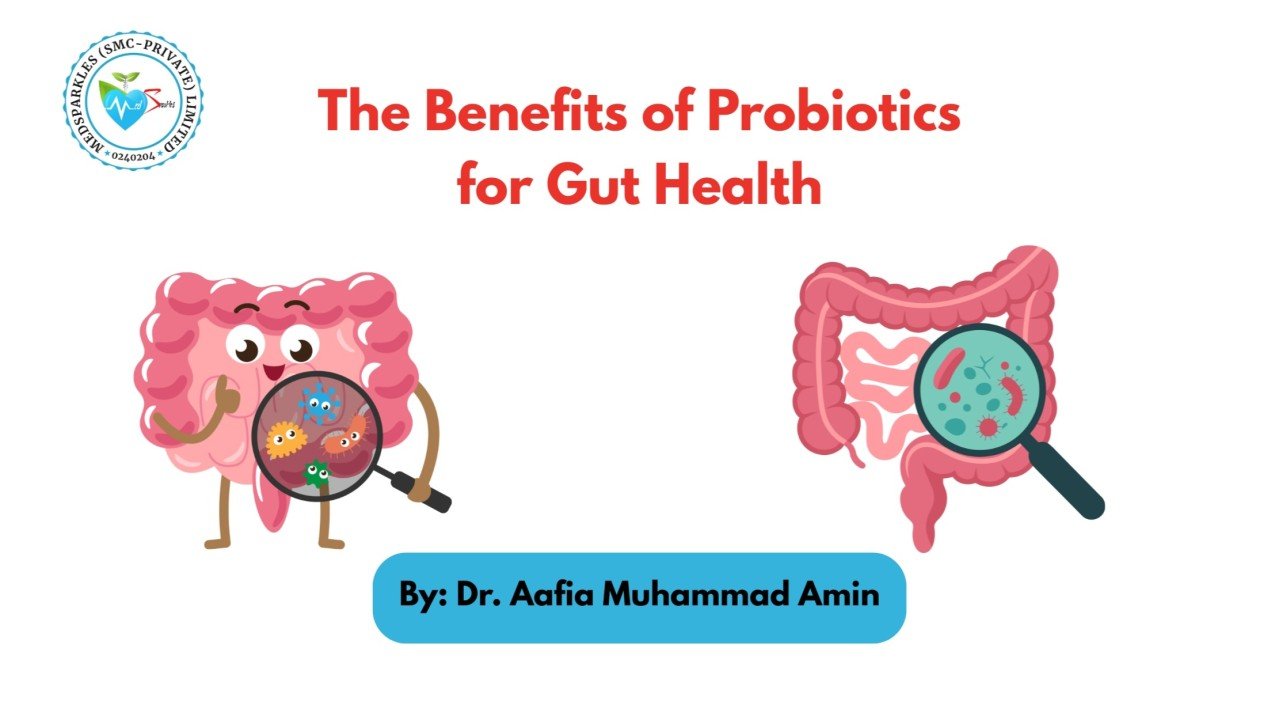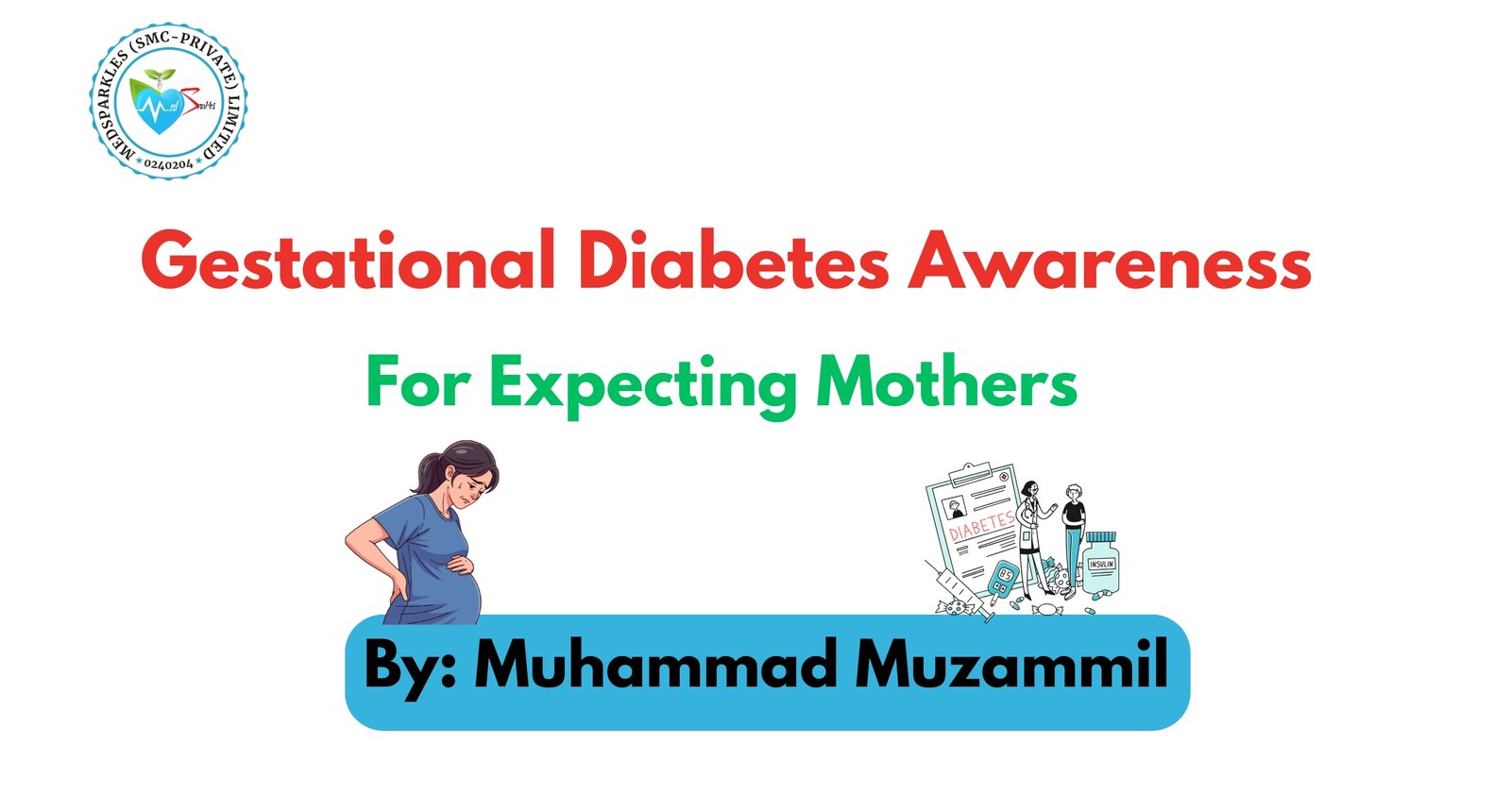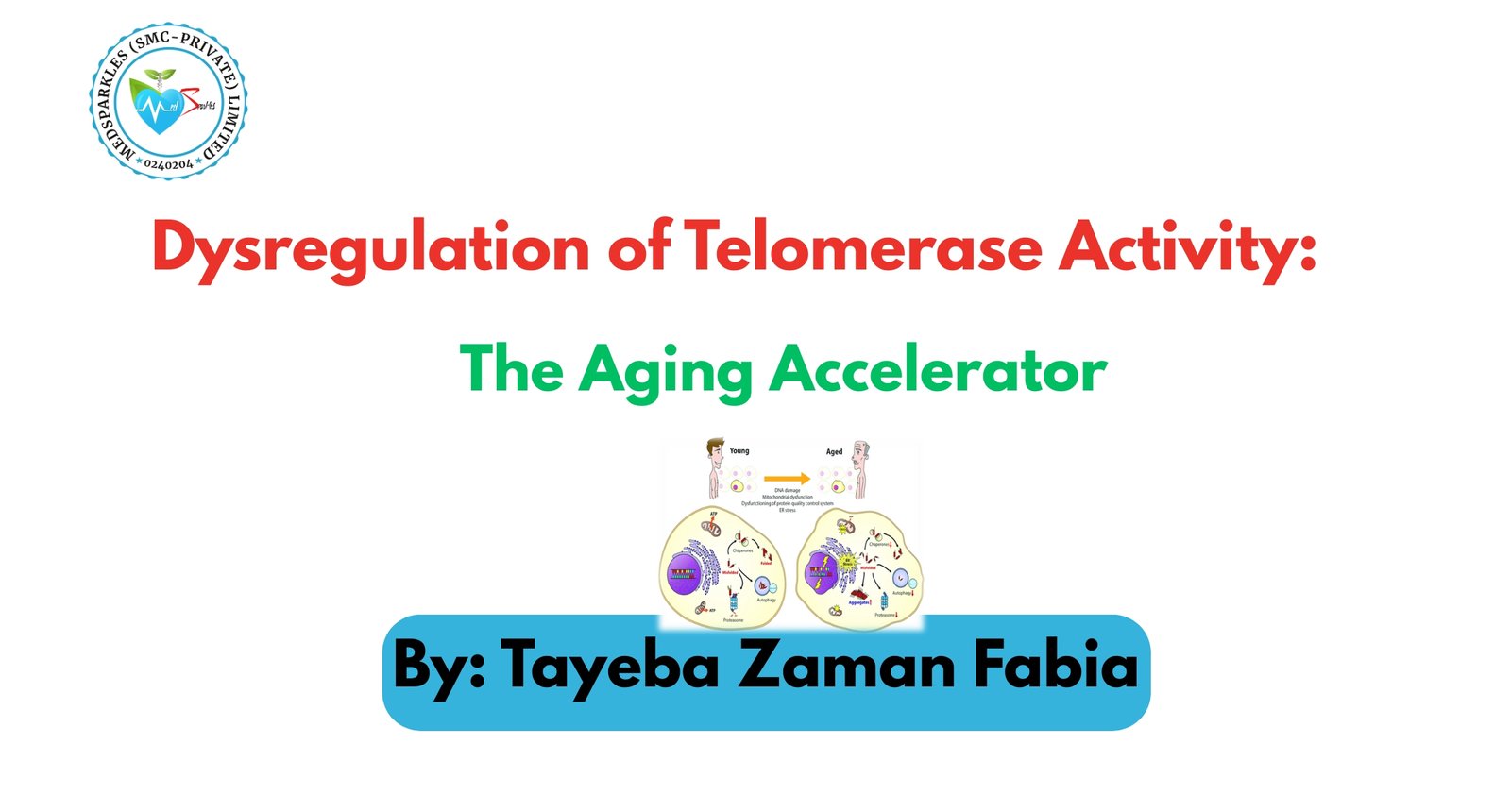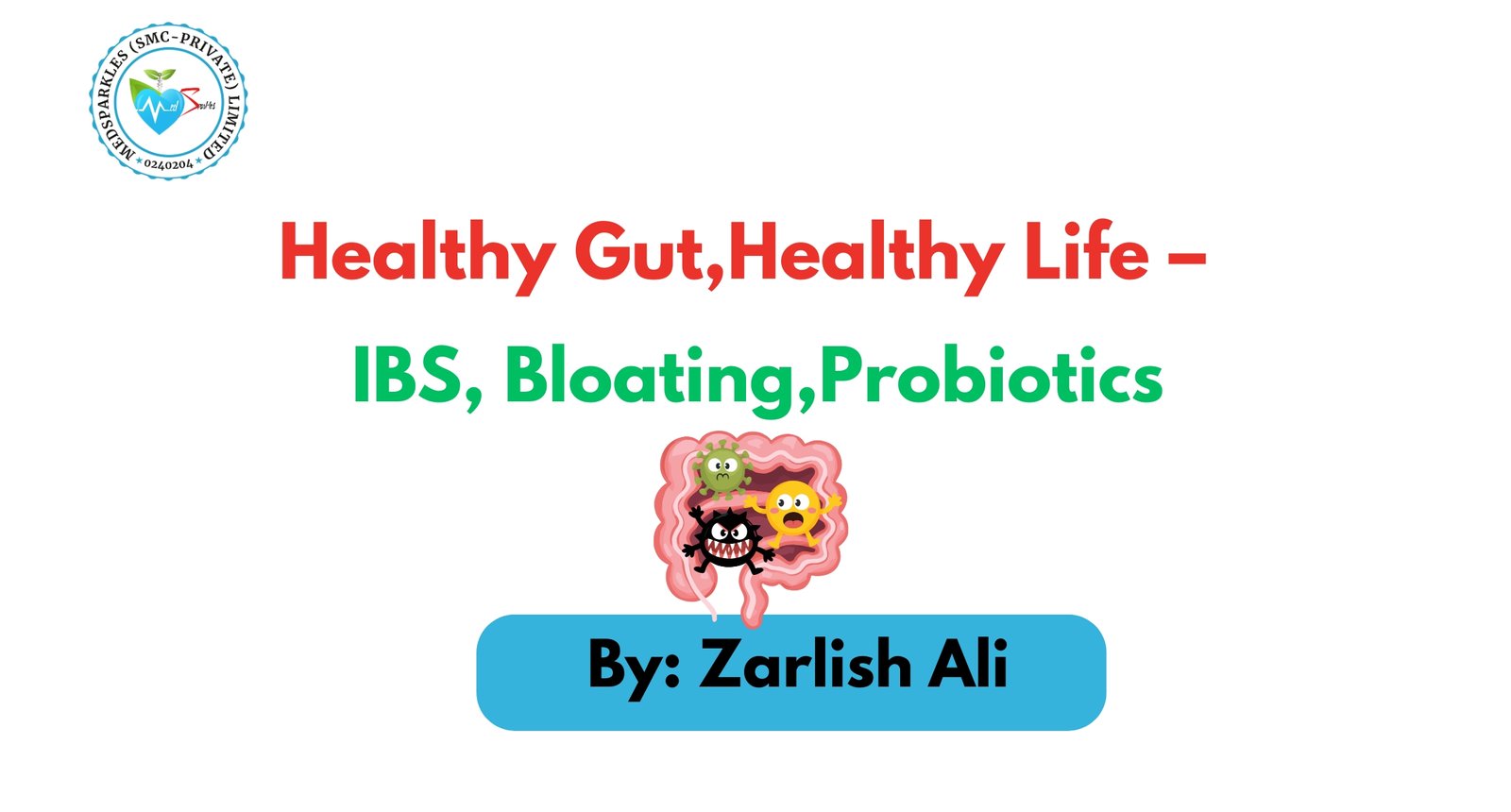
Every year, during the last week of April, the world comes together to celebrate World Immunization Week. It’s not just another awareness campaign it’s a global movement that highlights one of the most powerful tools we have to protect health and save lives i.e. vaccination.
What is World Immunization Week?
World Immunization Week is observed from April 24 to April 30. It is led by the World Health Organization (WHO) and supported by governments, health agencies, NGOs, and communities around the globe. The goal of this week is to promote the use of vaccines to protect people of all ages against disease.
In simpler terms, it’s a week to talk about why vaccines matter, how they work, and why we need to make sure everyone — everywhere — has access to them.
A Brief History of Immunization
The concept of immunization isn’t new. In fact, it dates back centuries. The first form of immunization was called variolation (the intentional inoculation of an individual with smallpox material) traces back to 16th-century China.
People would expose themselves to small doses of smallpox to build resistance. Doctors haven’t practiced the technique since the 19th century, though, when it was replaced with a more effective immunization strategy— vaccination. (Anderson, 2022)
Then the time of Edward Jenner came, an English physician, discovered the smallpox vaccine in 1796. He noticed that milkmaids who had caught cowpox didn’t get smallpox. By injecting material from a cowpox sore into a boy, he provided protection from smallpox. This was the birth of modern vaccination.
Fast forward to the 20th century, and vaccines for diseases like polio, measles, diphtheria, hepatitis, and influenza started changing the world. Smallpox, once a deadly disease, was eradicated globally in 1980, thanks to widespread vaccination.
When and Why Was World Immunization Week Started?
Although awareness campaigns about vaccines existed earlier, World Immunization Week as we know it began in 2012, when WHO brought together various regional immunization weeks under one global event. The aim was to initiate change, boost global awareness, and encourage people to get vaccinated. It’s a reminder to governments, health professionals, and the public that immunization isn’t just for children it’s a lifelong health shield. It is to prevent generations from a disease.
Why Are Vaccines So Important?
Vaccines are one of the greatest public health achievements of all time. According to the WHO:
Immunization currently prevents 3.5 million to 5 million deaths every year from diseases like diphtheria, tetanus, pertussis, influenza and measles. (WHO, WORLD HEALTH ORGANIZATION, 2025)
Over the last 50 years, essential vaccines have saved at least 154 million lives. That’s 6 lives a minute, every day, for five decades. In these 50 years, vaccination accounts for 40% of the improvement in infant survival, and more children now live to see their first birthday and beyond than at any other time in human history. Measles vaccine alone accounts for 60% of those lives saved. (WHO, 2025)
Let’s break down why vaccines matter:
- They Save Lives
Diseases like measles, polio, and tetanus used to kill thousands. Today, many of these diseases are rare or eliminated in parts of the world due to vaccines. - They Are Safe and Effective
All vaccines go through rigorous testing before approval. Side effects are usually mild and temporary. Serious side effects are extremely rare. - They Protect Communities
When enough people in a community are vaccinated, diseases can’t spread easily. This is called herd immunity — it protects those who can’t get vaccinated, like newborns or people with certain medical conditions. - They Reduce Healthcare Costs
Preventing disease is cheaper than treating it. Vaccines help avoid hospital stays, doctor visits, and lost income due to illness. - They Support Global Health Goals
Vaccination is part of the Sustainable Development Goals (SDGs), especially SDG 3: Good Health and Well-being. It’s essential for building stronger, healthier societies.
Challenges to Immunization
Despite their benefits, vaccines don’t always reach everyone. Some common challenges include:
Access issues in low-income countries
Conflict zones where health systems break down
Weak supply chains and storage problems (many vaccines require cold storage)
In most countries major challenge is to convince people about the safety and importance of vaccination.
Misinformation has a major impact and the biggest challenge is to eradicate that and provide people with the right information. This will cater their fear and improve overall immunization count.
World Immunization Week 2025 Theme
Each year, WHO picks a theme for World Immunization Week. For 2025, while the exact theme hasn’t officially been announced yet, the recent trend has focused on themes like:
“The Big Catch-Up” (2023): focusing on helping countries catch up on missed vaccines after COVID-19.
“Vaccines Bring Us Closer” (2021): highlighting how vaccines connect communities and promote trust.
Whatever the theme, the message stays the same: vaccines save lives.
Immunization Success Stories
Let’s look at some real-world examples of how vaccines have transformed health globally.
Smallpox Eradication
In 1980, WHO declared smallpox eradicated. It was the first — and still the only — human disease to be wiped out completely. This was only possible through a global vaccination campaign. (CDC)
Polio Nearly Gone
In 1988, polio paralyzed over 350,000 children a year in 125 countries. Thanks to the Global Polio Eradication Initiative, cases have dropped by over 99%. As of 2024, polio remains endemic in just two countries: Afghanistan and Pakistan (WHO, 2023).
Measles Control
Death rate due to measles dropped by 73% during 2000 to 2018. However, recent setbacks due to COVID-19 disruptions show that progress needs constant support. (Gavi)
How Can You Get Involved?
You don’t have to be a doctor or health worker to make a difference during World Immunization Week. Here are a few simple things anyone can do:
Check your vaccine records: Make sure you and your family is up to date.
Share reliable info: Post facts from trusted sources like WHO or CDC on social media.
Support local clinics or vaccination drives: Volunteer or donate if possible.
Talk to friends and family: Answer questions kindly, and encourage them to get vaccinated.
Vaccines of the Future
The science of vaccines is always evolving. We’re now seeing:
mRNA vaccines, like those used for COVID-19
Malaria vaccines, which are now being rolled out in Africa
Universal flu vaccines, currently under research
Potential vaccines for HIV, cancer, and even Alzheimer’s
Immunization is entering a new era, where more diseases can be prevented than ever before.
Conclusion
World Immunization Week is more than a health campaign — it’s a celebration of human progress. Thanks to vaccines, millions of people live longer, healthier lives. But we can’t take this progress for granted. Whether it’s reminding a loved one to get their flu shot or helping children in remote villages access vaccines, every action counts. As we mark World Immunization Week this April, let’s remember: a healthy future starts with a shot.
FAQ’s
If I’m healthy, do I still need vaccines?
Yes, healthy people can get sick or spread disease. Vaccines protect you and others from getting the disease.
What is herd immunity, and why is it important?
Herd immunity happens when enough people are vaccinated, making it hard for a disease to spread. This protects those who can’t be vaccinated, like newborns or people with certain medical conditions.
Do vaccines have harmful side effects?
Most vaccine side effects are mild and temporary like fever or soreness at the injection site. Serious side effects are rare and far less risky than the diseases themselves.
Are vaccines really necessary if diseases are now rare?
Vaccines are the reason many diseases are rare today. But if we stop vaccinating these diseases can quickly return and can impact a larger population.
Is it okay to get natural immunity instead of vaccinating my child?
Natural immunity often means exposing a child to serious risks. Vaccines offer safe, reliable protection without the long-term effects of the disease.
Bibliography
(n.d.). Retrieved 2025, from CDC: https://www.cdc.gov/smallpox/about/index.html#
Anderson, A. (2022). Retrieved from WebMD: https://www.webmd.com/vaccines/what-is-variolation
Gavi. (n.d.). Retrieved April 2025, from https://www.gavi.org/vaccineswork/4-our-greatest-
achievements-vaccine-science-led-covid-vaccine
WHO. (n.d.). Retrieved 2025, from WORLD HEALTH ORGANIZATION: https://www.who.int/news-
room/fact-
sheets/detail/poliomyelitis#:~:text=WHO%20response,A%20during%20polio%20immunization%
20activities.
WHO. (2025, April). Retrieved April 2025, from World Health Organisation:
https://www.who.int/campaigns/world-immunization-week/2025
WHO. (2025, March 28). Retrieved April 2025, from WORLD HEALTH ORGANIZATION:
https://www.who.int/health-topics/vaccines-and-immunization/#tab=tab_1

